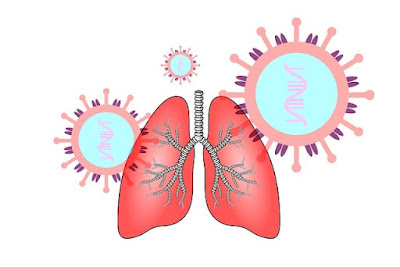8 Fitness Tips to Boost Your Health and Stay Motivated !

8 Fitness Tips to Boost Your Health and Stay Motivated ! Whether you're starting your fitness journey or looking to take your workouts to the next level, these tips can help you build consistency and stay on track. 1. Set Realistic Goals :Start with small, achievable goals to build momentum. Instead of aiming to lose 20 pounds right away, focus on exercising three times a week or walking 10,000 steps daily. Progress builds over time. 2. Prioritize Consistency Over Intensity :You don’t need to crush every workout. A consistent routine—even with moderate activity—is more effective long-term than sporadic, intense sessions. 3. Mix It Up : Incorporate a variety of exercises like strength training, cardio, flexibility, and balance work. This prevents boredom and helps you develop all-around fitness. 4. Fuel Your Body Right :Fitness isn’t just about working out—it’s also about nutrition. Eat balanced meals with lean protein, complex carbs, and healthy fats. Stay hydrated, especially bef...


